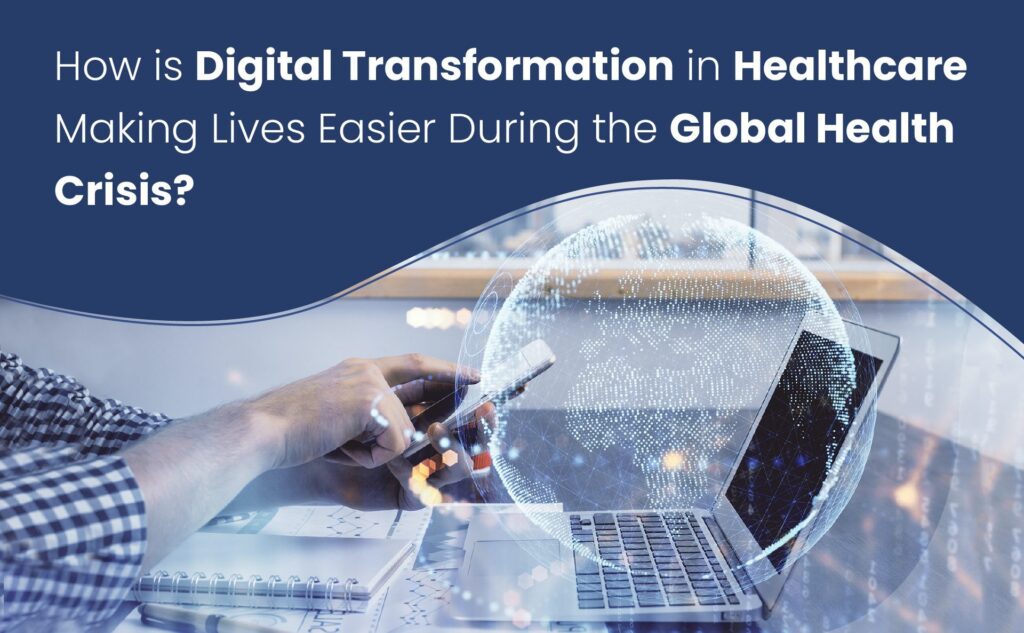
Digital transformation in the healthcare industry holds immense potential to revolutionize patient care, improve operational efficiency, and drive innovation. Here's how it can impact various aspects of healthcare:
Electronic Health Records (EHR): Transitioning from paper-based to electronic health records is a foundational aspect of digital transformation in healthcare. EHR systems enable healthcare providers to access patient information securely, facilitate better coordination of care, and improve clinical decision-making through data analytics.
Telemedicine and Remote Monitoring: Digital transformation has accelerated the adoption of telemedicine and remote monitoring technologies, enabling patients to receive care remotely, especially in situations where in-person visits are challenging or not feasible. This includes virtual consultations, remote patient monitoring devices, and mobile health apps.
Healthcare Analytics and Predictive Insights: Advanced analytics and machine learning algorithms can analyze large volumes of healthcare data to derive actionable insights. These insights can be used for predictive analytics to identify at-risk patients, optimize treatment protocols, and improve population health management.
IoT and Wearable Devices: The Internet of Things (IoT) and wearable devices have the potential to revolutionize healthcare by continuously monitoring patient health metrics, such as heart rate, blood pressure, and activity levels. These devices can provide real-time data to healthcare providers, enabling early detection of health issues and personalized interventions.
Personalized Medicine and Precision Healthcare: Digital transformation enables the adoption of personalized medicine approaches tailored to individual patient characteristics, such as genetics, lifestyle, and environmental factors. This includes precision diagnostics, targeted therapies, and genomic medicine.
Patient Engagement and Empowerment: Digital technologies can empower patients to take an active role in managing their health through patient portals, mobile health apps, and wearable devices. These tools enable patients to access their health records, schedule appointments, communicate with healthcare providers, and participate in their treatment plans.
Interoperability and Health Information Exchange: Interoperability standards and health information exchange platforms are essential for seamless communication and data sharing among different healthcare systems and providers. Digital transformation efforts aim to overcome interoperability challenges and enable secure, interoperable exchange of patient data.
Cybersecurity and Data Privacy: As healthcare systems become increasingly digital, cybersecurity and data privacy are paramount concerns. Robust cybersecurity measures, encryption protocols, and compliance with data protection regulations are essential to safeguard patient information against cyber threats and breaches.
Overall, digital transformation in the healthcare industry has the potential to improve patient outcomes, enhance the patient experience, and drive efficiencies across the healthcare ecosystem. However, successful implementation requires collaboration among stakeholders, investment in technology infrastructure, and a commitment to addressing regulatory and privacy concerns.
